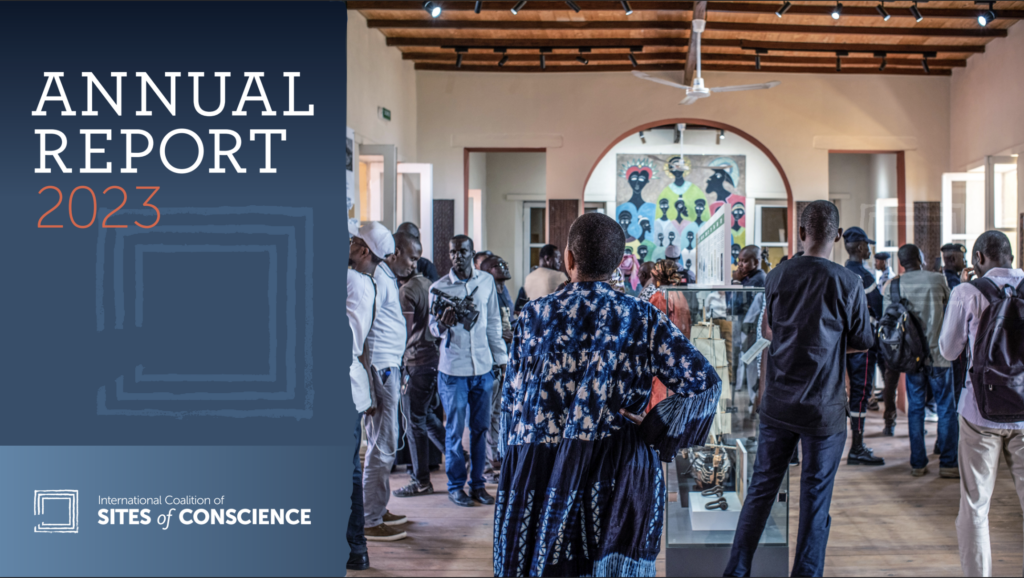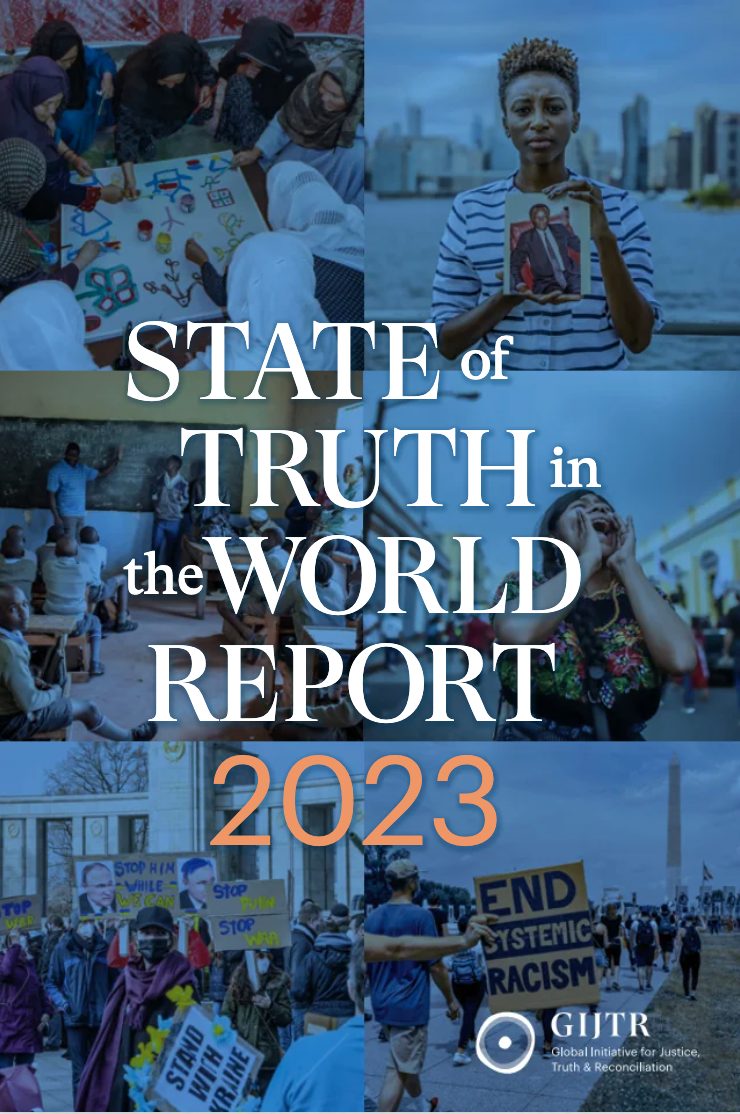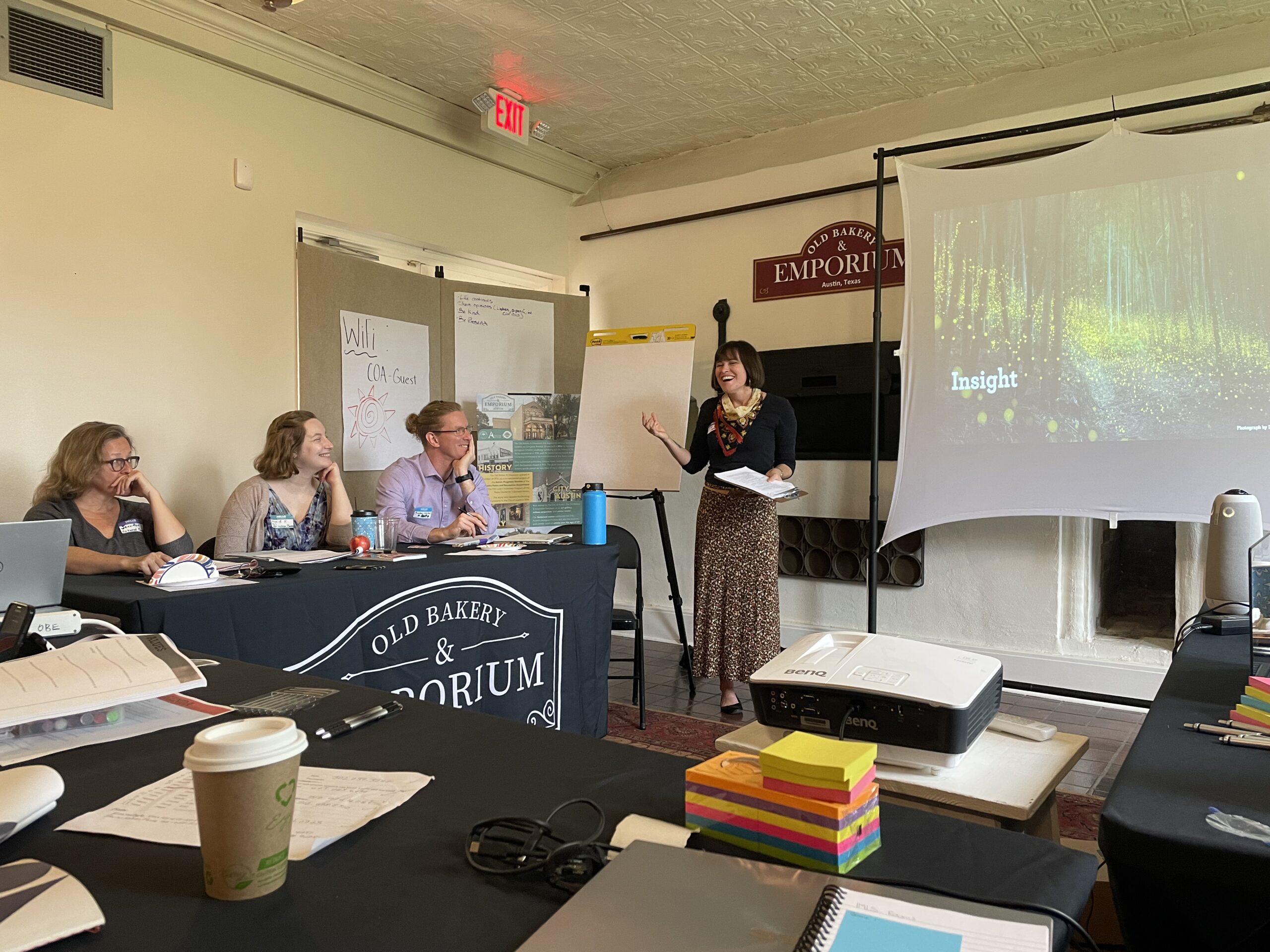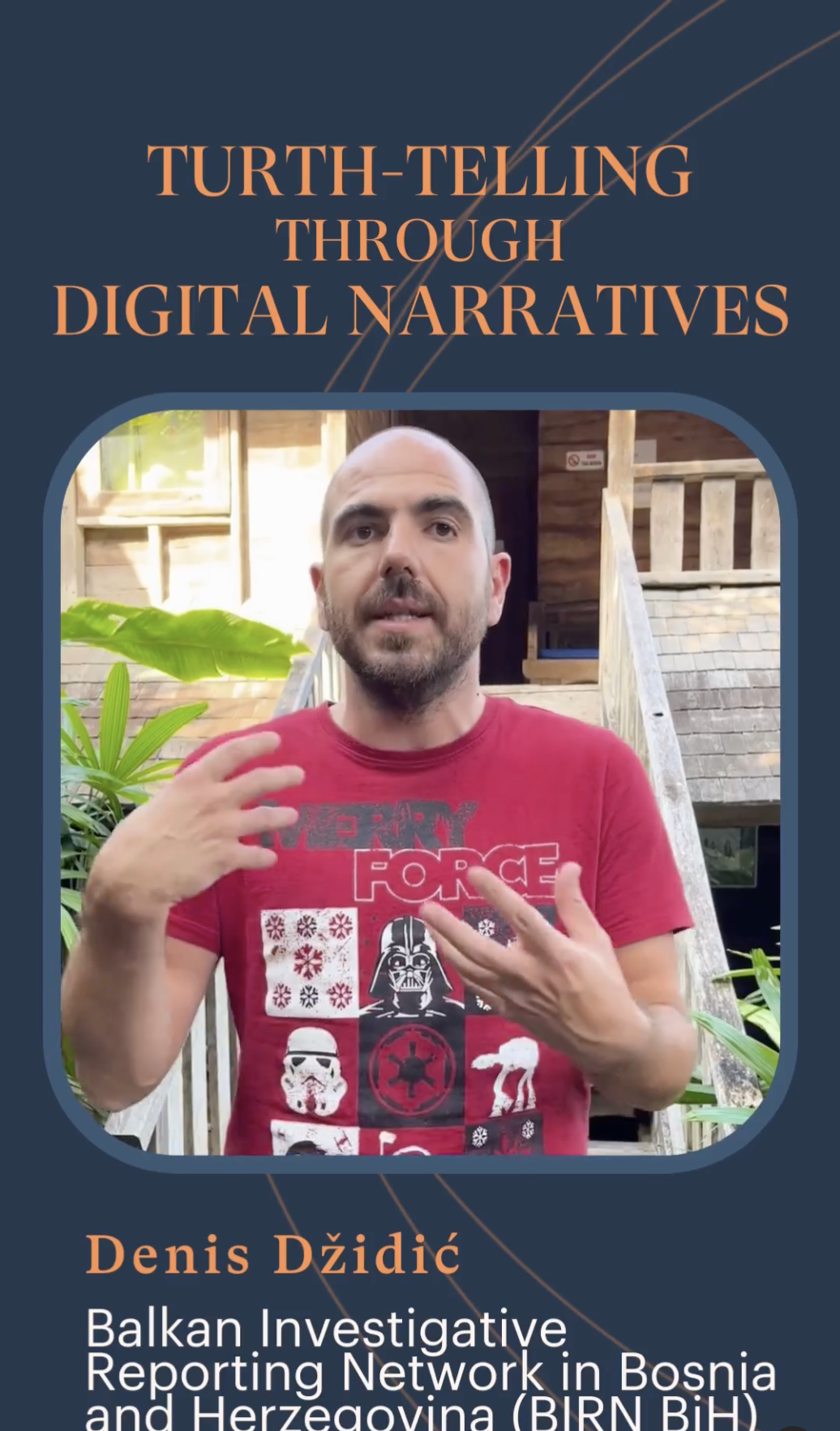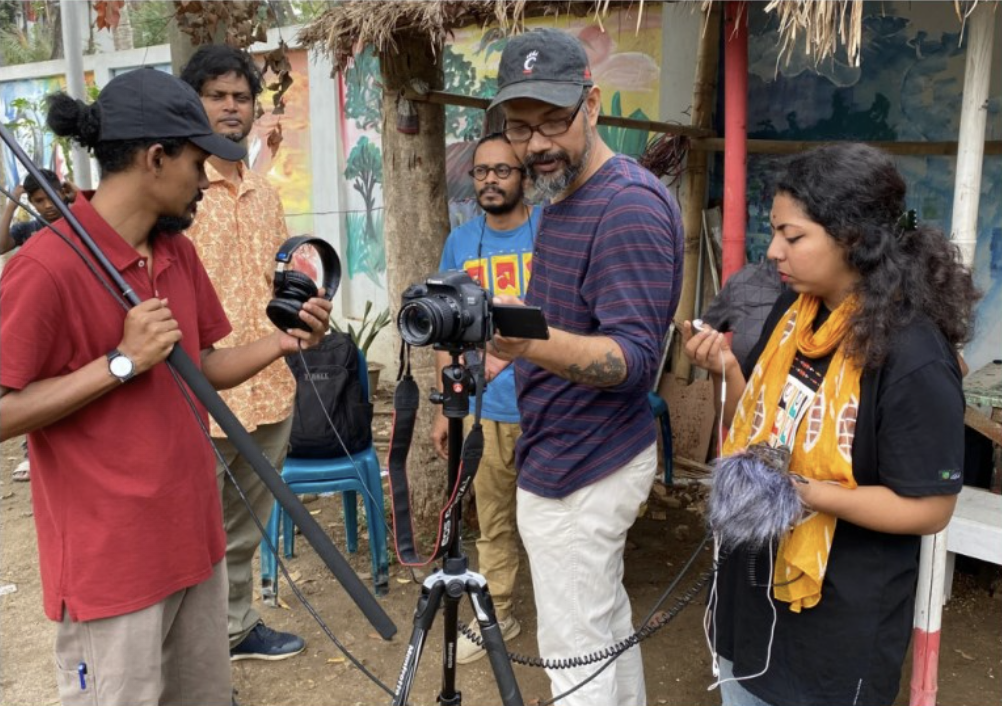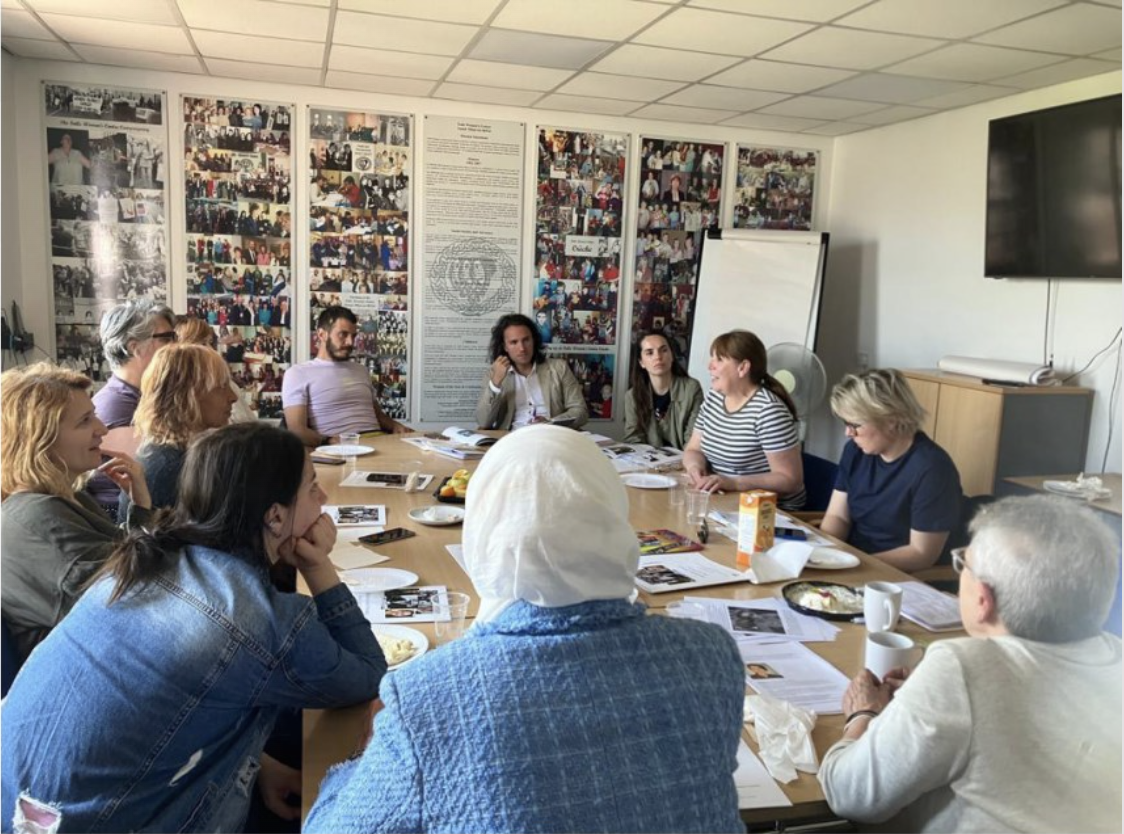Correcting History, Connecting History
On local, regional and global levels, in over 75 countries, the International Coalition of Sites of Conscience provides its members with the connections, tools and support to create inclusive, democratic societies that are steeped in the principles of dignity, equality and human rights for all. As a result, in the past year, Sites of Conscience have catalyzed new levels of civic engagement the world over, sparking citizen-led movements for memory, accountability and justice.
Sites of Conscience Lead the Way
Preserving memory and promoting truth is an active struggle across the globe, but thanks to Sites of Conscience it is a struggle in which communities are gaining real traction. With support from Sites of Conscience, communities emerging from trauma are advocating for formal acknowledgement and accountability while also mobilizing to counter revisionism and center narratives that have historically been excluded.
In this way, Sites of Conscience help communities correct the history and connect the history, the foundational steps that can set the stage for truth and healing, for reconciliation and justice.
